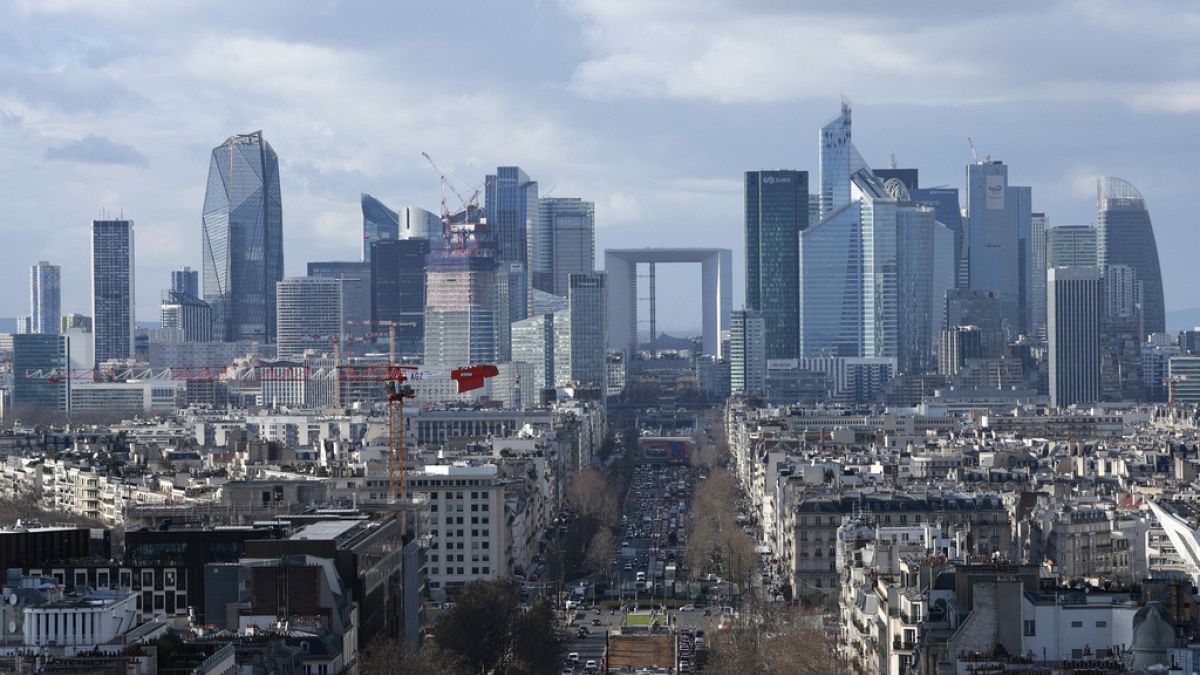


The eurozone's economic landscape is showing signs of cautious improvement as the Composite Purchasing Managers’ Index (PMI) rose to 50.2 in January 2025, up from 49.6 in December, surpassing forecasts of 49.8. This uptick indicates a return to modest growth, as noted by HCOB's Chief Economist Cyrus de la Rubia. However, the optimism surrounding this rebound is overshadowed by the looming threat of higher U.S. tariffs under President Trump, who was inaugurated on January 20, 2025, and has signaled intentions to impose punitive tariffs on European goods. [18952732]
Despite the recent positive PMI figures, the eurozone economy remains fragile. The manufacturing sector continues to struggle, with Germany's PMI reflecting ongoing challenges. In December 2024, the HCOB Eurozone Composite PMI had indicated a contraction, primarily driven by weak manufacturing performance, which raised concerns about the sustainability of the recovery. [77553f14][6b0830d4]
The services sector has shown resilience, contributing positively to the overall PMI figures, but the political uncertainties in key member states like Germany and France, coupled with the potential impact of U.S. tariffs, complicate the economic outlook. ECB President Christine Lagarde has highlighted the divergent monetary policies between the U.S. and Europe, which could further exacerbate the eurozone's economic challenges. [18952732]
In response to the economic environment, the European Central Bank (ECB) is expected to lower interest rates in upcoming meetings to stimulate growth and address rising unemployment. The ECB had already cut interest rates for the fourth time in December 2024, and analysts predict at least 100 basis points more in 2025. [6b0830d4][77553f14]
As the eurozone navigates these complexities, the focus remains on balancing monetary policy with the need for structural reforms to foster a more robust economic recovery. The recent data underscores the importance of addressing both inflation and employment issues to ensure a sustainable path forward for the eurozone economy, especially in light of external pressures such as potential U.S. tariffs. [18952732][77553f14]